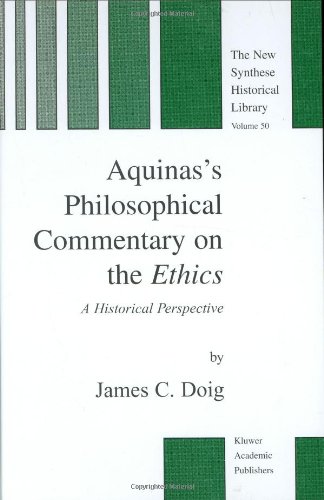

Most ebook files are in PDF format, so you can easily read them using various software such as Foxit Reader or directly on the Google Chrome browser.
Some ebook files are released by publishers in other formats such as .awz, .mobi, .epub, .fb2, etc. You may need to install specific software to read these formats on mobile/PC, such as Calibre.
Please read the tutorial at this link: https://ebookbell.com/faq
We offer FREE conversion to the popular formats you request; however, this may take some time. Therefore, right after payment, please email us, and we will try to provide the service as quickly as possible.
For some exceptional file formats or broken links (if any), please refrain from opening any disputes. Instead, email us first, and we will try to assist within a maximum of 6 hours.
EbookBell Team

4.7
36 reviewsIs Aquinas's Sententia libri Ethicorum an interpretation of Aristotle based on `principles of Christian ethics'? Or do we have in that work a presentation of the foundation of Aquinas's moral philosophy? Professor Doig answers these questions through an examination of the historical context within which the Sententia was composed.
In Chapters 1-2, the work's role as a corrective of earlier commentaries is established. Chapter 3, by examining philosophy at Paris between 1215 and 1283, reveals that the proposal by Aquinas of a moral philosophy would have been unexceptional. Chapter 4's investigation of the principles underlying the moral theory of the Sententia makes apparent that they were regarded by Aquinas as both philosophical and Aristotelian. The date to be assigned the composition of the Sententia is studied in Chapter 5, and the conclusion is drawn, that with some probability, the Sententia is its author's final proposal of moral doctrines. The closing Chapter offers a summary of that moral philosophy against the historical background brought out earlier.